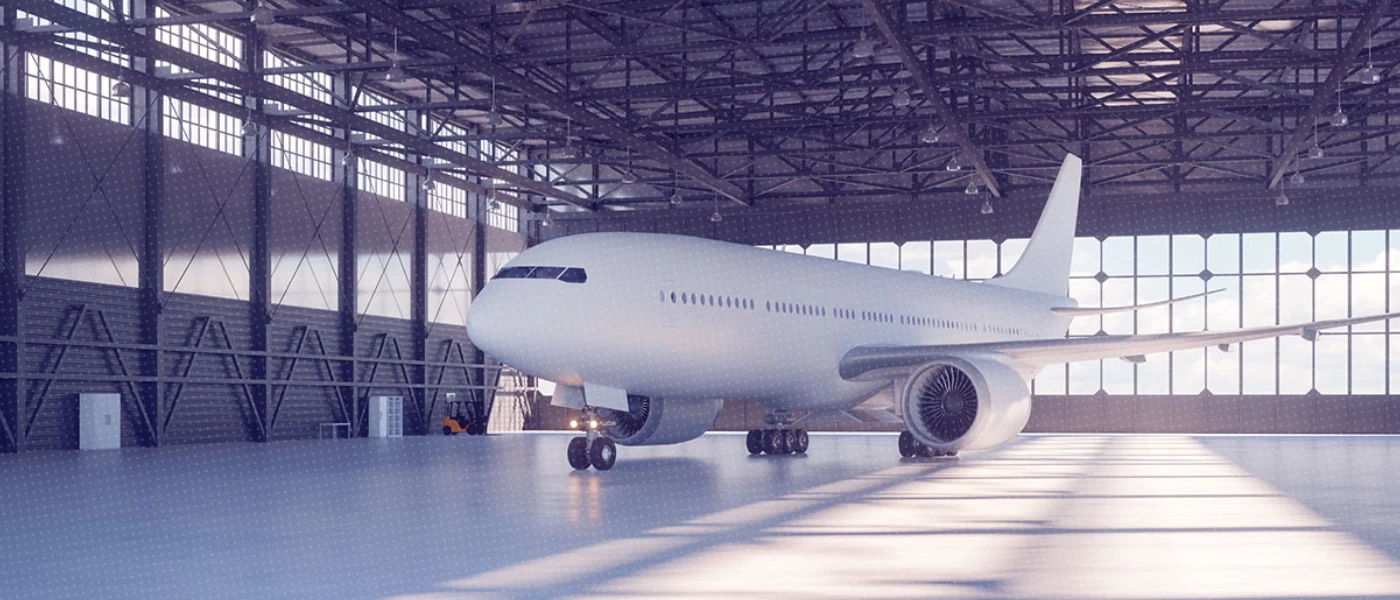In today’s fast-paced world, it has become a common practice for businesses to lease aircrafts for travel of their personnel. Such aircrafts may be leased with or without operator.
A dry lease is a leasing arrangement where an aircraft is leased without any crew and ground staff, wherein the lessee has operational control over the aircraft. Whereas a wet lease is an arrangement where the aircraft is leased along with the crew and the ground staff.
Prior to 1 October 2019, Heading 9966 of the Scheme of Classification of Services (‘SOC’) covered ‘Rental services of transport vehicles with or without operator’. Similarly, Heading 9973 covered ‘Leasing or rental services with or without operator’.
Notification No. 20/2019-Central Tax (Rate) dated 30 September 2019 (‘Amending Notification’) amended Headings 9966 and 9973, as well as the Rate Notification[1] by omitting the terms ‘or without’ from Heading 9966 and ‘with or’ from Heading 9973. At present, sub-heading 9966 specifically covers rental services for various transport vehicles such as road vehicles, water vessels, aircrafts with operator.
These changes have prompted a debate on the correct classification of leasing of aircrafts without operator.
Heading 9973 of the SOC covers leasing or renting of machinery and equipment, other goods, IPR, etc. The sub-heading 997311 covers ‘Leasing or rental services concerning transport equipment including containers, without operator’. The Explanatory Notes to the SOC for sub-heading 997311 clarifies that such sub-heading includes leasing or rental services of intermodal containers and other land transport equipment without operator.
Further, it is pertinent to note that the residuary entry, i.e. sub-heading 997319, includes leasing, renting or hiring services concerning all kinds of machinery, whether or not electrical, except personal or household goods, generally used as capital goods by industry, such as engines and turbines, machine tools, mining and oil field equipment, lifting and handling equipment, coin/card operated gambling machines, exhibition material, professional, scientific measuring and control apparatus, accommodation and office containers, other commercial and industrial machinery, etc.
Thus, there is no specific mention of aircrafts under the Explanatory Notes to sub-heading 997311 or under the residuary entry 997319. The Explanatory Notes for the SOC adopted for the purposes of GST are based on the explanatory notes to the UNCPC. The Service Code 7311 of the UNCPC provides for transport equipment. The said code specifically includes cars, light vans, goods transport vehicles, railroad vehicles, other land transport equipment, vessels, aircrafts, and containers.
Unlike the UNCPC, the Indian SOC or the Explanatory Notes offer no clarification as to whether dry lease of transport vehicles such as motor vehicles, vessels and aircrafts would fall under Heading 9973. It is possible to take a view that in light of the UNCPC, the term ‘transport equipment’ under the Indian SOC will also cover transport vehicles such as aircrafts, and accordingly, dry lease thereof is classifiable under Heading 9973. This view also finds support from the minutes of the 37th GST Council Meeting wherein it was observed that the Amending Notification was issued to align the classification under GST with UNCPC.
The next issue that arises for examination is the rate of GST applicable on dry leasing of aircrafts. Sl. No. 17 of the Rate Notification covers ‘Leasing or rental services without operator’. The relevant entries under Sl. No. 17 are as under:
- (viia) Leasing or renting of goods – Same rate of tax as applicable on supply of like goods involving transfer of title in goods
- (viii) Leasing or rental services, without operator, other than (i), (ii), (iii), (iv), (vi) and (viia) above – 18%
It can be argued that the definition of ‘goods’ as per Section 2(52) of the Central Goods and Services Tax Act, 2017 (‘CGST Act’) is wide enough to cover aircrafts. This argument can be further substantiated based on the fact that aircrafts are covered under Sl. No. 244 of the Rate Notification[2] for goods. The rate of GST on aircrafts for other than personal use under this entry is 5%.
Recently, the Appellate Authority for Advance Ruling, Karnataka in the case of In RE: Yulu Bikes Pvt. Ltd. [2020 (10) TMI 434], concluded that the services of renting or leasing of e-bikes provided by the appellant without an operator is classifiable under the Heading 9973 and that the rate of GST applicable will be as per Sl. No. 17(viia) i.e., the same rate of tax as applicable on the supply of like goods involving transfer of title in goods.
Regardless of the above, the Department may contend that Heading 9973 does not cover transport vehicles and therefore, such services are classifiable under the residuary entry, attracting GST at the rate of 18%.
It is evident that there is much ambiguity on the issue of classification of dry lease of aircrafts under GST. At this juncture, it may be highlighted that the Input Tax Credit on renting or leasing of aircrafts is restricted in terms of Section 17(5)(b)(i) of the CGST Act, unless it is used for the purposes specified therein. Thus, the tax paid on such leasing services becomes a major cost for the service recipient which results in blocking of the working capital.
Therefore, a clarification from the government is much needed on the correct classification and rate of GST applicable on the dry leasing of transport vehicles including aircrafts.
[The authors are Associate Partner, Senior Associate and Associate, respectively, in the Indirect Tax Advisory practice at Lakshmikumaran & Sridharan Attorneys, Ahmedabad]
- [1] Notification No.11/2017-Central Tax (Rate) dated 28.06.2017
- [2] Notification No. 1/2017-Central Tax (Rate) dated 28 June 2017.







